SUMMARY
This is AI generated summarization, which may have errors. For context, always refer to the full article.
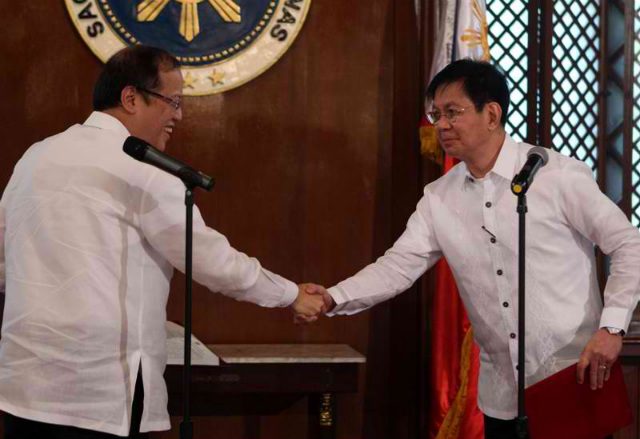
Part 1 of 2 parts
MANILA, Philippines – “Incorrigibly uncooperative.”
That’s what the rehabilitation chief says of some Cabinet members – colleagues who skip meetings, send representatives who can’t decide for their agencies, and fail to submit their reports on time.
Powerless over his peers, Rehabilitation Secretary Panfilo Lacson complained about up to 3 Cabinet members whom he also described as “incorrigibly slow.”
He said their delinquency, aside from the government’s lack of money, could derail rehabilitation efforts after Super Typhoon Yolanda (Haiyan) struck exactly 6 months ago on Thursday, May 8.
“Para bang walang pakialam,” Lacson said in an interview with Rappler. (It’s as if they don’t care.)
(Watch the report below.)
Negligence
Known for his hard-hitting statements, Lacson refused to name these officials, however, because “my job is to coordinate and not to quarrel with them.” Anyway, he added, most of his colleagues have been “more than cooperative.”
In any case, since he began his job on December 10, 2013, negligence by Cabinet members has been a problem waiting to happen.
Lacson has always brought this up in interviews and speeches: His appointment as presidential assistant for rehabilitation and recovery (PARR) has no “legal weight.” He also has no power over the budget.
This means he needs to rely on agency heads, his more powerful colleagues, to completely rebuild areas hit by Yolanda.
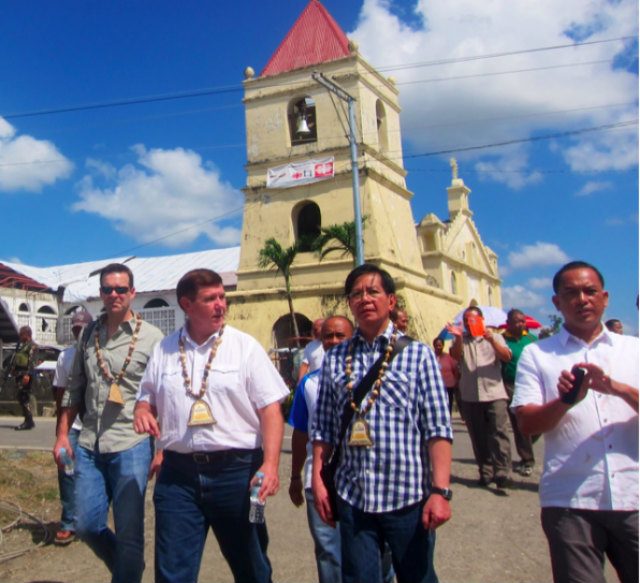
‘The only whip I have’
The problem comes when his colleagues slack off. Or, in the future, when another disaster preoccupies the Cabinet.
Even now, in fact, Yolanda is not the only disaster on the government’s plate. The government, for one, isn’t done rehabilitating areas hit by the magnitude-6.7 earthquake in the Visayas and Tropical Storm Santi (Nari) in Luzon, and damaged by the siege in Zamboanga in Mindanao.
What can he do when officials refuse to cooperate? “I have no whip,” said the former police chief.
Besides, as a newbie, he still feels like an “outsider” in the President’s official family.
For now, he said, he banks on the “residue” of his previous posts not only as police chief, but also as senator. In the Senate, he recalled, he “came face to face” with many of his current Cabinet colleagues during budget deliberations and Senate investigations. He described himself as “no-nonsense” then.
“Right now, the only whip that I have is my reputation probably,” he said.
Asked if his lack of authority is emboldening his negligent colleagues, Lacson replied, “Well, that’s what they think, that’s what they think.”
“If we bog down because of non-cooperation of one particular agency, then I will call their attention. And if need be, I’ll just expose them. I will report them to the public. Of course, I will report first to the President,” Lacson explained in a mix of English and Filipino.
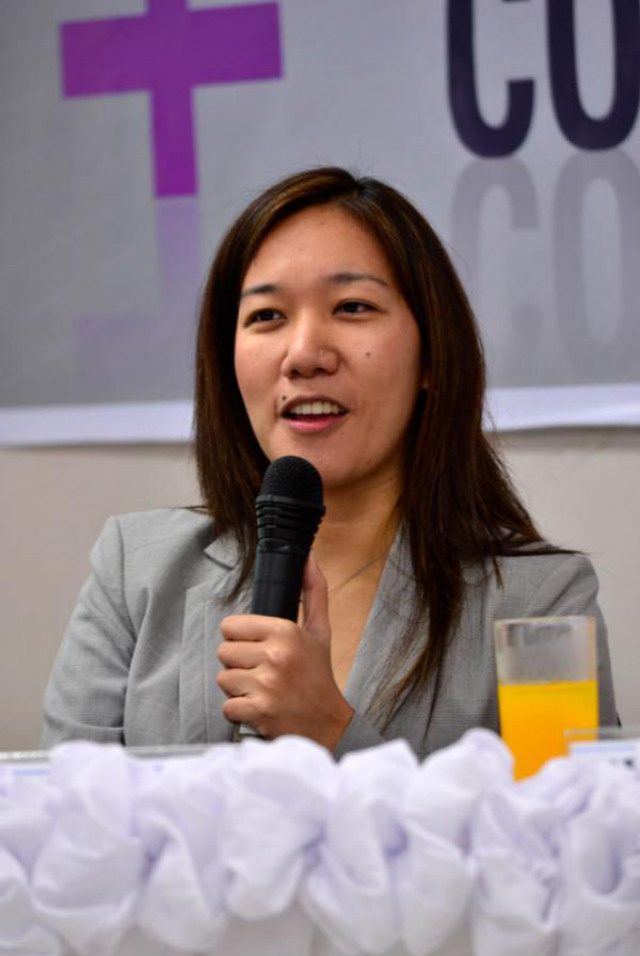
Lack of personnel, expertise
One of Lacson’s undersecretaries, Lesley Cordero, shares a similar problem.
Cordero – who finished law in 2005 and has served the government in various capacities – is in charge of putting together a rehabilitation plan after Yolanda. (Lacson’s other undersecretary, real estate developer Danilo Antonio, is in charge of private sector engagement.)
Once named among Outstanding Students of the Philippines, she used to work as an undersecretary in the Office of the Cabinet Secretary and the Presidential Communications Operations Office. She also helped put together the rehabilitation plan after Typhoon Pablo (Bopha) in 2012.
Compared to her previous jobs, her current position has a natural handicap: as Lacson said, their authority is not enough.
Their office, after all, needs to deal with at least 37 line agencies with 5 to 10 sub-agencies each.
One of their biggest challenges, Cordero said, is “getting all these agencies to move, so that we can submit already the plans and programs, so that funds can now move.”
In an interview with Rappler, Cordero said a number of agencies lack personnel and data-gathering expertise “because of the scale of the data” needed.
The government needs these to craft a rehabilitation plan, which isn’t done.
Cordero said the Department of Agriculture, for one, is running out of people to do the job, “because how many disasters are we looking at?” She cited the earthquake in the Visayas, the conflict in Zamboanga, and Santi as previous disasters that need attention on top of Yolanda.
“We need quick, quick action, because we cannot let the survivors suffer for a longer period of time. So the government needs to get its act together to make sure that the plan is created quickly, and the plans and projects get quickly implemented,” Cordero said in a mix of English and Filipino.
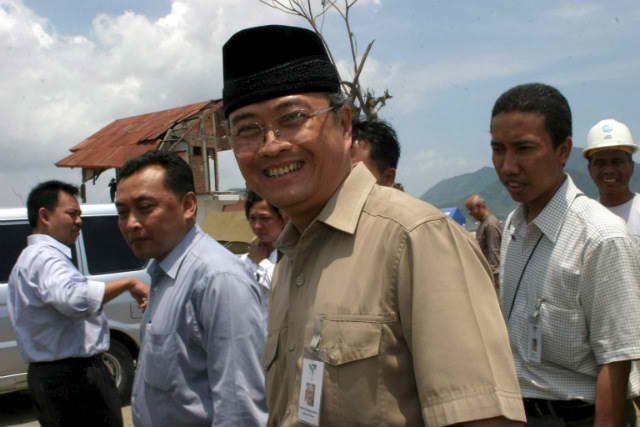
‘No real power’
Lacson’s Indonesian counterpart, Kuntoro Mangkusubroto, saw this problem months ago.
Kuntoro, who successfully rebuilt Aceh and Nias after the Indian Ocean tsunami in 2004, has always said the biggest challenge is coordination, according to Lacson.
The problem, Kuntoro told Rappler in March, is Lacson’s weak authority.
“For such a huge job like that, just to coordinate without any real power to enforce, to implement, it’s gonna be tough. But with all the support, with other departments, agencies, then he can be very successful,” the Indonesian senior minister said.
Cordero agreed with Kuntoro: “Being a coordinator is not enough, if you want things to happen immediately.”
“But at the end of the day, with what we are dealt with, what we are given, and the mandate that we are provided, we have to work within that parameter and make sure that we will still deliver,” she added.
His biggest frustration, Lacson said, “is not being able to do what I have wanted to do, to implement.”
“There’s so much responsibility but not enough authority. And that’s a big frustration, because I learned that in the military school: responsibility must be compensated by commensurate authority,” he said.
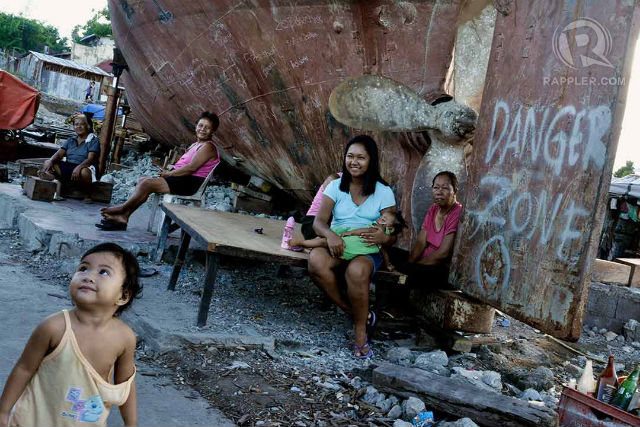
“Kasi ‘pagka ‘yung responsibility mas malaki, tapos wala kang authority, you’re bound to fail. But you know, right now, ang option ko is not to fail.” (Because if your responsibility is huge, but you do not have authority, you’re bound to fail. But you know, right now, my option is not to fail.)
(READ: Part 2: 6 months after Yolanda: ‘We are failing’)
– Rappler.com
Add a comment
How does this make you feel?
There are no comments yet. Add your comment to start the conversation.